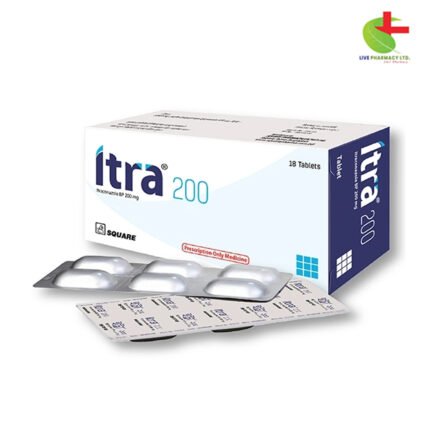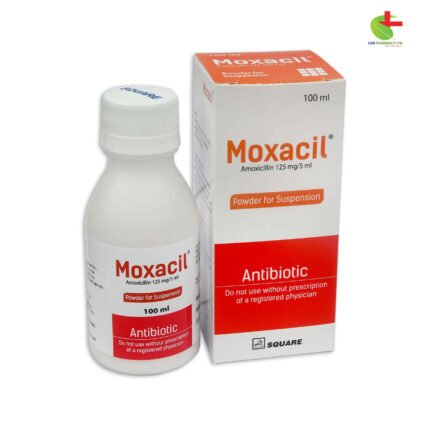Fliban 100
500.00৳ Box
- Fliban is specifically designed for premenopausal women with acquired, generalized hypoactive sexual desire disorder (HSDD).
- It acts on serotonin receptors in the brain to potentially enhance sexual desire.
- Administered orally at bedtime to minimize risks of CNS depression.
- Our pharmacy ensures safe handling and storage of Fliban, following stringent guidelines for efficacy and safety.
 Brand
Brand
|
Square Pharmaceuticals PLC |
|---|---|
 Generics
Generics
|
Flibanserin |
 Type
Type
|
Tablet |
Indications
Fliban is prescribed for premenopausal women experiencing acquired, generalized hypoactive sexual desire disorder (HSDD). This condition is characterized by persistently low sexual desire causing significant distress or interpersonal difficulty, unrelated to medical conditions, relationship issues, or medication effects. Acquired HSDD refers to onset in individuals previously without sexual desire problems, while generalized HSDD occurs irrespective of stimulation type, situation, or partner.
Pharmacology
Flibanserin exerts its effects primarily through serotonin receptors in the brain. It acts as an agonist on 5-HT1A and an antagonist on 5-HT2A receptors. Additionally, it may moderately influence dopamine (D4) receptors and serotonin receptors 5-HT2B and 5-HT2C. These actions contribute to altering neurotransmitter levels, potentially enhancing dopamine and norepinephrine while reducing serotonin, thereby influencing reward processing.
Dosage & Administration
The recommended dose of Flibanserin is 100 mg taken orally once daily at bedtime. Administering at bedtime minimizes risks such as hypotension, syncope, and CNS depression (e.g., somnolence, sedation). If a dose is missed, the next should be taken at the following bedtime without doubling up.
Interaction
Fliban exposure increases with oral contraceptives and weak CYP3A4 inhibitors, potentially increasing adverse reactions. Strong CYP2C19 inhibitors elevate Fliban levels, heightening risks like hypotension and CNS depression. Conversely, CYP3A4 inducers reduce Fliban concentrations significantly. Monitoring is crucial when co-administering with digoxin due to potential toxicity.
Contraindications
Avoid Flibanserin use with alcohol, moderate or strong CYP3A4 inhibitors, or in patients with hepatic impairment.
Side Effects
Common adverse reactions include dizziness, somnolence, nausea, fatigue, insomnia, and dry mouth.
Pregnancy & Lactation
No human studies exist on Flibanserin in pregnant women. It’s excreted in rat milk; effects on human milk and breastfed infants remain unknown. Due to potential adverse reactions, including sedation in infants, breastfeeding isn’t recommended during Flibanserin treatment.
Precautions & Warnings
Hypotension and syncope risks warrant patients to lie supine if pre-syncope occurs and seek immediate medical attention if symptoms persist. CNS depression (e.g., somnolence, sedation) may occur, exacerbated by other depressants or increased Fliban concentrations. Patients should refrain from activities requiring full alertness until effects are known.
Therapeutic Class
Flibanserin belongs to the serotonin-norepinephrine reuptake inhibitor (SNRI) class.
Storage Conditions
Store Flibanserin below 30°C, away from light and moisture, and out of children’s reach.













Reviews
There are no reviews yet.